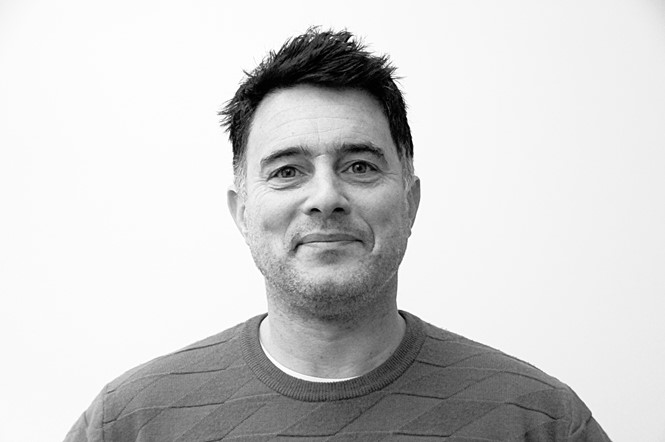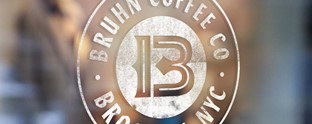Five minutes with Damon Collins

Damon Collins, founder of independent creative agency Joint, speaks to Transform magazine about the drastic changes he has witnessed in the sector since he began in the 80s, the importance of collaboration, and the ways in which he has adapted to Covid-19-related transformations.
You began your career in the creative sector in 1986. What are the major changes you have witnessed since then?
The industry has changed pretty drastically since I started. Long gone are the words ‘I’ll make the products, you make the ads’. Marketing people are better trained and far more interested in getting involved in all aspects of their jobs. However, there’s also less money around now, leading to fewer brands being promoted and the marketing people responsible taking fewer risks. That pressure has led to the growth and rather unhealthy reliance of pre-test research to bolster opinion.
But clearly, technology is what has led to the biggest transformation in this, and all industries. Take globalisation for example. When I started the likes of Saatchi and Saatchi were spearheading the idea of the ‘global network’, opening offices in territories their clients were moving into. Global campaigns used to cost huge amounts of money, take huge amounts of time and were invariably not all that effective.
Back then no one would have believed a London based startup like Joint could, from day one, create and deploy work that gets seen all around the globe. Aided by high quality strategic and creative freelancers working around the planet as well as final materials sent at the press of a button. The explosion in data and measurement tools mean businesses are also now more accountable. Which can only be a good thing.
How important is collaboration in your sector? How do you achieve a successful working relationship with your clients?
You’ll find a clue to my answer in the name of the company I helped found. Joint began because of our belief that great things come from relentless collaboration. Whilst all agencies and most clients say they want to work in a collaborative way that is not on the whole the case. It can be understandably hard for people in a creative business to really open themselves up, and embrace the certain vulnerability it takes to truly collaborate.
Collaboration is not an end in itself. (Agencies have tried doing that and failed.) Collaboration is a means to an end. Real collaboration needs stringent processes and rigorous hiring policies as well as candour, energy, positivity and high standards. Most importantly, collaboration is never about just saying ‘yes’. It’s about being able to say ‘no’.
What most excites you about the increased digitalisation of agency work? How does the digital sphere influence brand strategy?
Anyone working in the creative industries is obsessed with innovation. So we are all fascinated by every technological advancement that comes along. Though clearly not all those cool things survive. Digital innovation is very Darwinian. Apps and platforms that don’t solve real problems for people or don’t change the way they live their lives, eventually die out. However, the successful innovations are constantly changing the way humans live, think and behave for better or for worse.
All that means that when it comes to a brand working out who they are, why they exist and what they want to make better in the world, the touchpoints, platforms and channels that must be considered are constantly changing, and people’s behaviours are changing along with them. All of which means the business of brand strategy and customer experience is fascinating one to be in.
How has Covid-19 transformed the sector and how has your work adapted to this new reality?
This forced working from home experiment will have undoubtedly changed some things forever.
Primarily it’s sped up the rate of change. Companies have now had a taste of what flexible working could look like and are starting to bake that into their operating models. =
The way we at Joint worked before all this was very much face-to-face, so we had to very quickly get used to those faces being seen on digital screens. However we’ve also long made use of collaborative tools. So for us, the main challenge of Covid has been not doing the work, but finding ways to keep the very special culture we have created alive by doing things like ensuring people who don’t work together on a daily basis are spending time with one another and making sure no one accidentally gets left in a lonely virtual corner somewhere.
We are aksi making sure the people we are hiring without actually meeting them are the right cultural fit for when this madness finally ends and we’re all back round one table again. Please, let that be soon.












